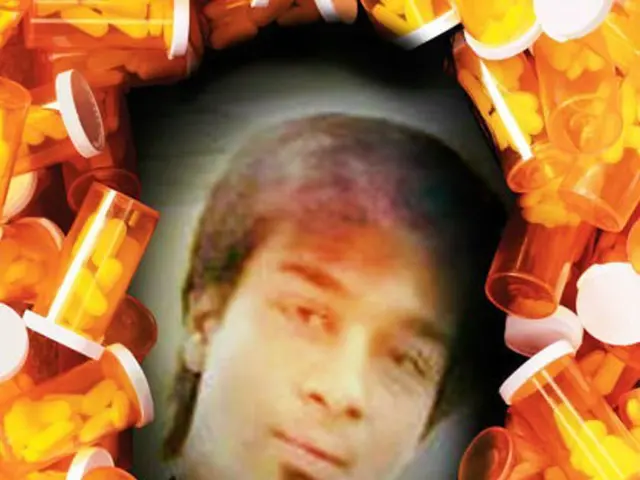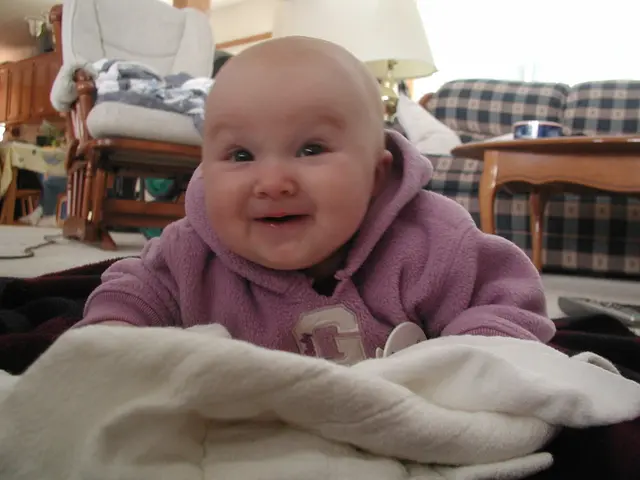Rural Russian villages face a teacher shortage of 30%, medical professionals shortage of 50%
Revised Article:
Struggling Schools in Rural Russia:
The rural educational system in Russia is facing a jolting crisis, with a staggering 30% dearth of teachers in schools – and that gap balloons to a whopping 50% in rural district hospitals, according to State Duma Chairman Vyacheslav Volodin.
To combat this shortage, several unconventional measures are being considered. One innovative solution is the creation of part-time teaching roles, which will be filled by individuals who've completed online courses[3]. This approach is aimed at alleviating the shortage of qualified educators in remote areas.
Furthermore, regions like Tatarstan are focusing on academic scholarships and financial incentives for teachers in rural settings. For instance, higher salaries are being offered to class teachers and young specialists[5].
In schoolhouses across the nation, specialized pedagogical classes are being developed with the goal of igniting a fire for teaching careers among students[5]. These initiatives reflect a broader effort to inspire and attract future teachers.
Regarding the healthcare crisis, while specific proposals for dealing with the shortage of doctors haven't been publicly announced, addressing the issue generally requires boosting funding for medical infrastructure, increasing incentives for medical professionals working in rural areas, and possibly launching programs to train and retain local medical talent[1].
In the face of these rural Education and Healthcare challenges, community workshops focusing on culture are helping to pinpoint and tackle infrastructure deficiencies and socio-economic hardships[1]. However, resolving the unique shortage of doctors in rural hospitals will likely necessitate targeted policies akin to those for teachers, emphasizing incentives and educational programs [1].
Back in 2021, Russia's Minister of Industry and Trade, Anton Siluanov, shared concerns about the lack of around 2 million workers in the processing industry[2], is another challenge the country is faced with.
- Article originally written by Zoya Oskolkova for RIA "New Day" in Moscow, © 2025
- The Moscow Duma has stated an intention to conduct an audit of the science, medical-conditions, health-and-wellness, education-and-self-development sectors, aiming to address the pressing issues faced by these industries.
- Recognizing the shortage of medical professionals in rural areas, Russia is considering targeted policies similar to those for teachers, involving incentives and educational programs to retain and train local medical talent.
- In a nod to the importance of science education, several regions in Russia, such as Tatarstan, are offering academic scholarships and higher salaries to attract and motivate teachers in rural settings.
- As part of a broader effort to inspire future educators, specialized pedagogical classes focused on education-and-self-development are being developed in schools across the nation.
- The struggle to fill part-time teaching roles in rural Russia has led to an innovative solution – individuals who complete online courses will be considered for these positions, aiming to address the dearth of qualified educators in remote areas.








